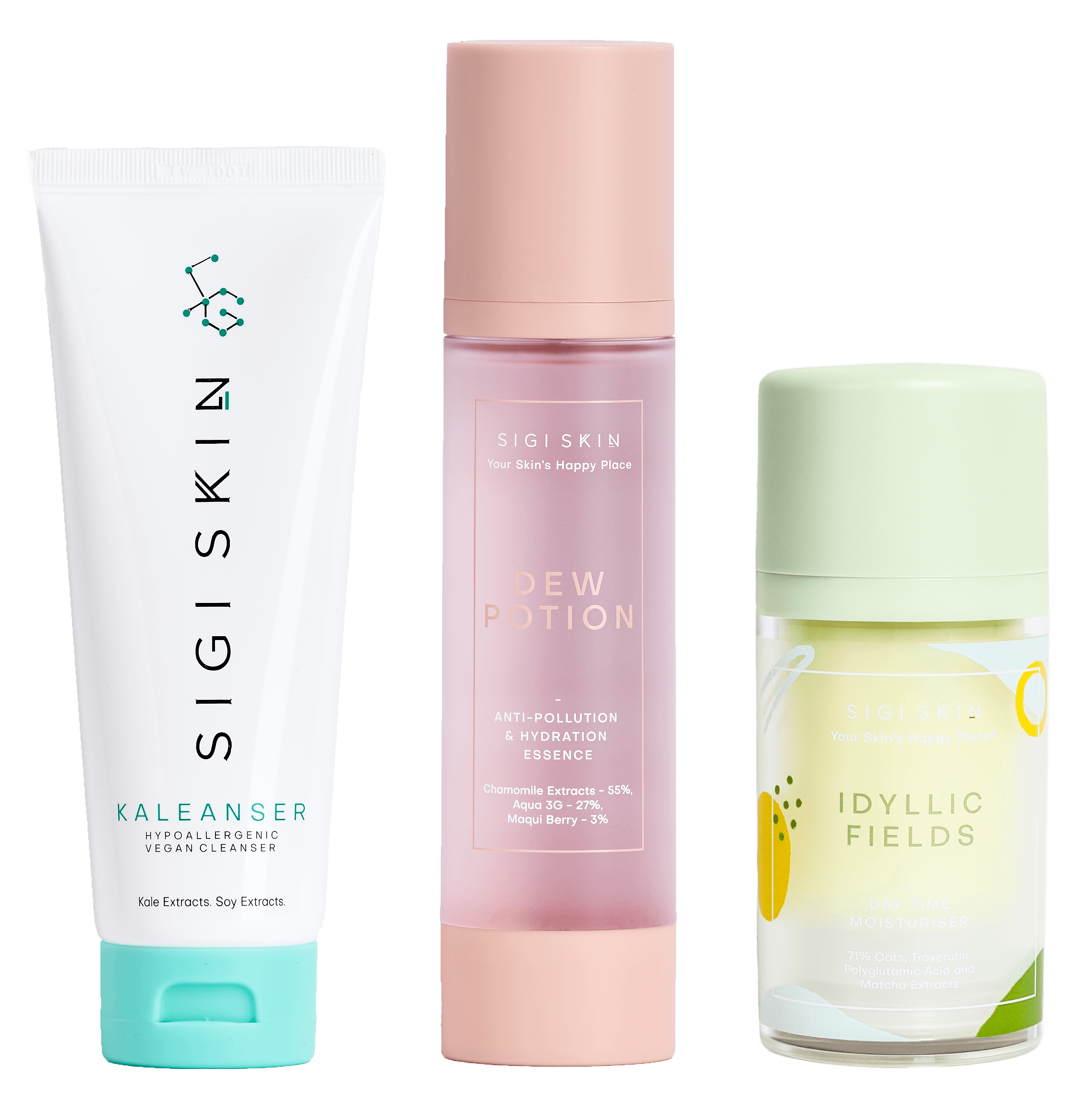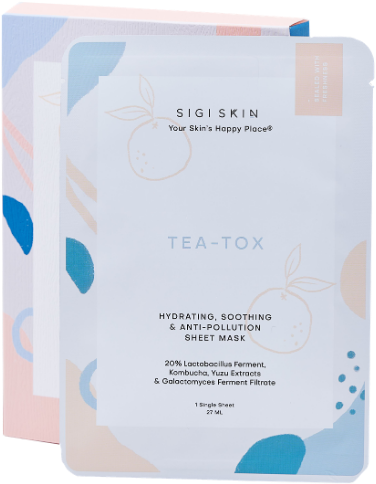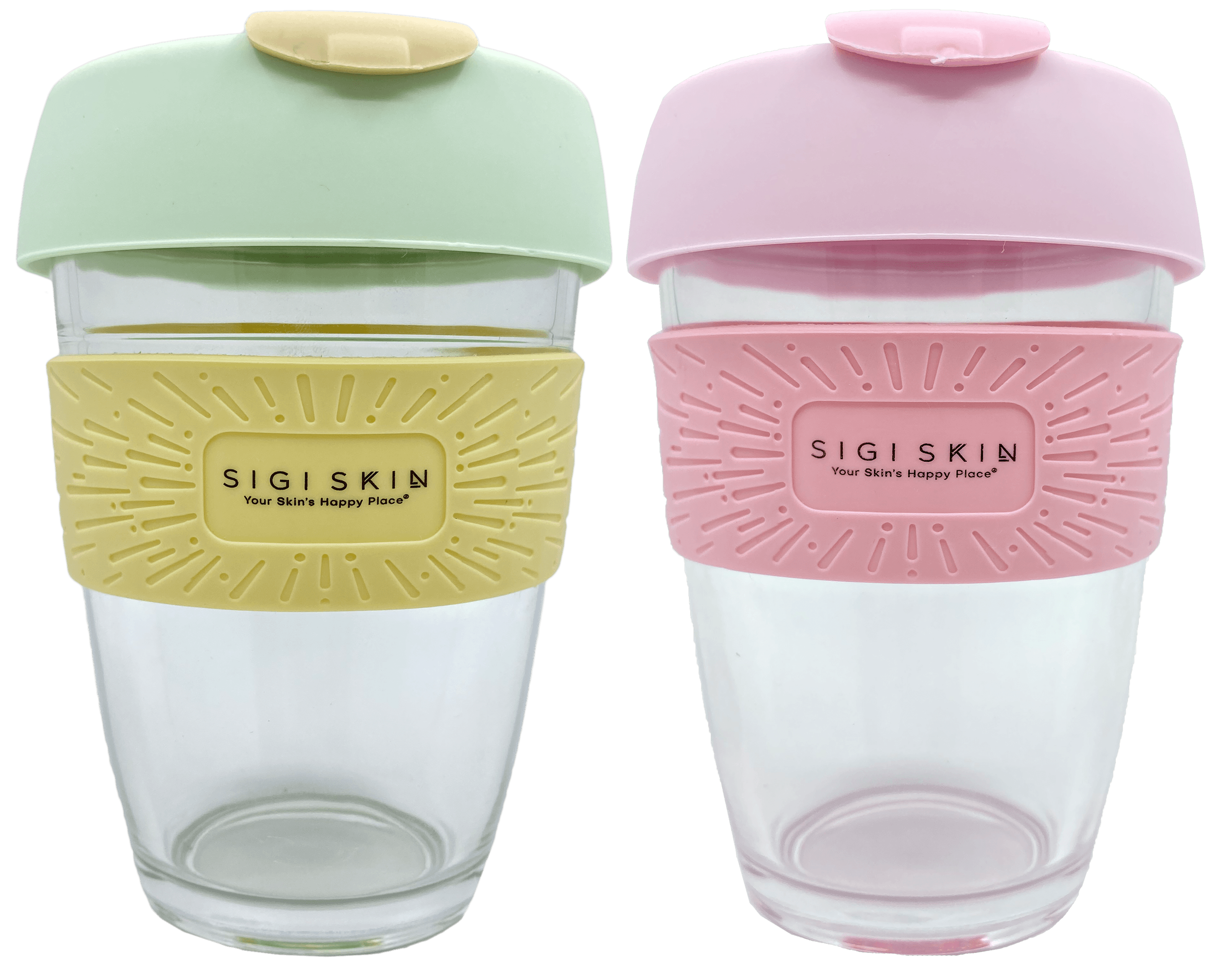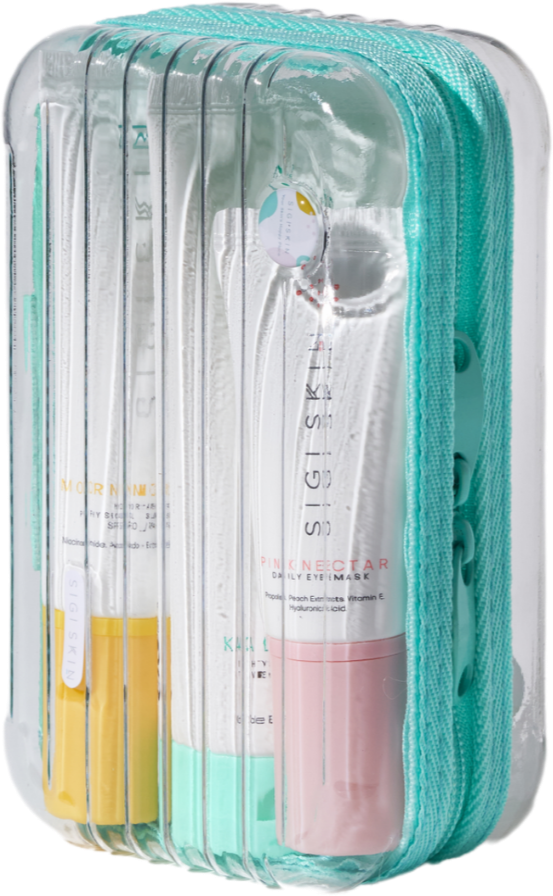The difference between Polyglutamic acid vs Hyaluronic acid

Hyaluronic acid may seem like a familiar term to you - that is because you can probably find it in your skincare products that you use on a daily basis, especially in moisturisers. It has always been the most talked about ingredient of all time in terms of providing hydration, but there has been a recent emergence of a hero ingredient that is here to steal hyaluronic acid’s thunder. In this edit, let’s talk about hyaluronic acid and polyglutamic acid!
What is hyaluronic acid?
Hyaluronic acid is present naturally in our bodies which is responsible for giving your skin its structure! It can hold up to 1000 times its weight in water and it gives your skin hydration. As a humectant, hyaluronic acid also attracts water from the environment into your skin, hence providing moisture.
What is polyglutamic acid?
On the other hand, polyglutamic acid, although also a humectant, is not produced naturally by our bodies, but can hold 10x more moisture than hyaluronic acid! It is also better in terms of reducing the appearance of wrinkles and pores, as well as locking in moisture and keeping your skin hydrated by replenishing cell moisture. It also has the ability to enhance your skin’s elasticity, hence plumping up and making your skin more supple!
Why do they work differently?
Hyaluronic acid has a small molecular size, which means it has the ability to penetrate deep into your skin into the deeper layers to provide more hydration. Comparatively, polyglutamic acid is bigger in molecular size which means it cannot penetrate deep into the skin. This however, does not imply that polyglutamic has lesser skin benefits. In fact, is it considered the up and coming ingredient to have as a superstar addition in skincare products due to its ability to moisturise the surface and minimise water evaporation from the skin that can cause dryness and dull, flaky texture. For those who wish to achieve the glass skin or dewy look, polyglutamic acid is your answer as it helps give a smoother appearance and therefore is the perfect primer before your foundation!
The bottom line
Both hyaluronic acid and polyglutamic acid works well in terms of hydrating the skin, but the former is more of a deep diver whereas the latter can both draw water to your skin to make it more hydrated while also preventing moisture from evaporating by sealing everything in.
If you are seeking to incorporate polyglutamic acid in your routine, try Idyllic Fields Daytime Moisturiser - a lightweight souffle-like texture that melts into your skin upon application and sits well under makeup! It provides instant hydration and seals all moisture in to prevent water loss while you go about your day. It also contains 71.9% oats that help with calming acne, inflammation and redness!








Leave a comment